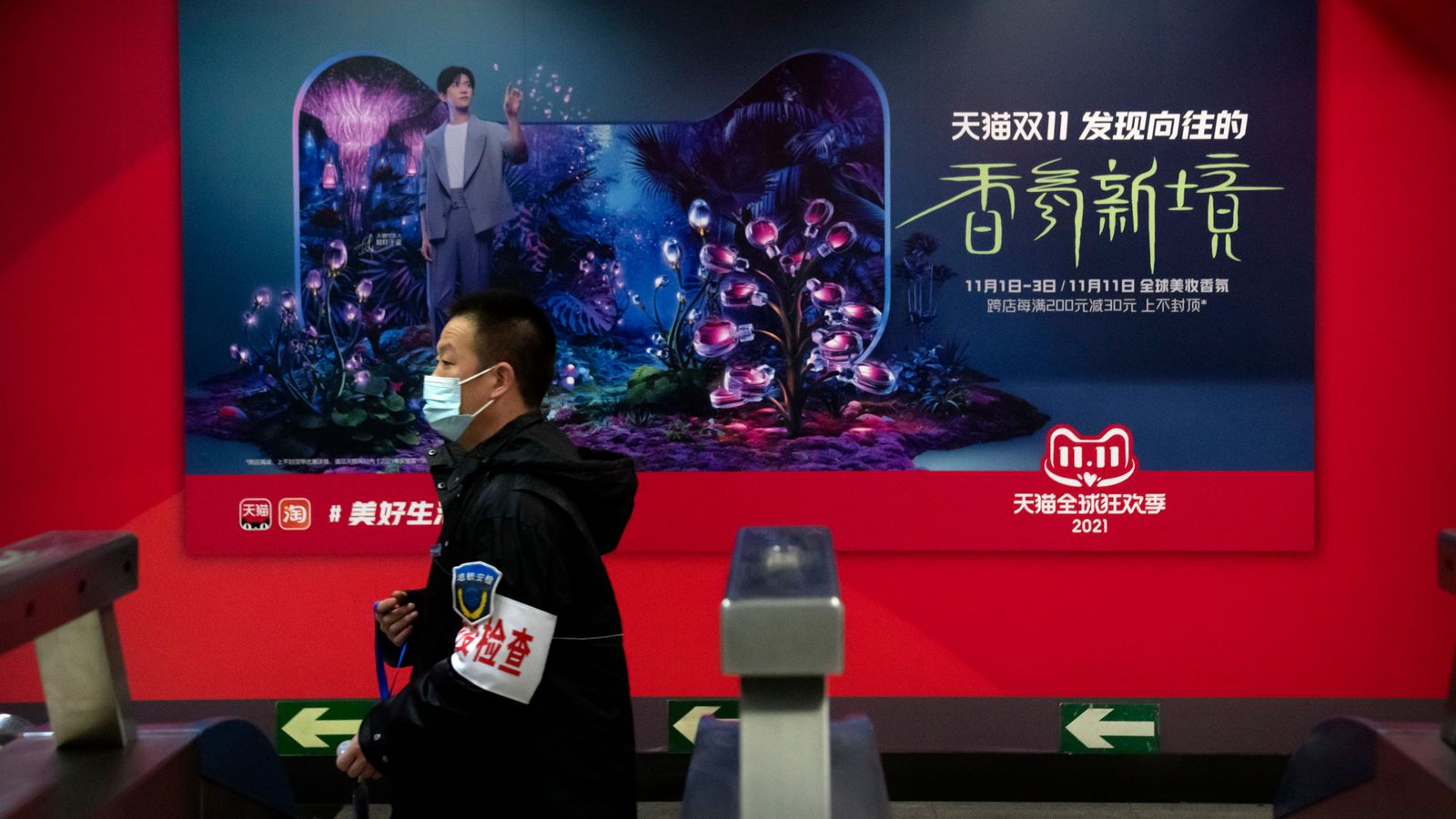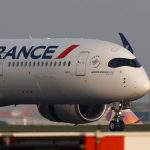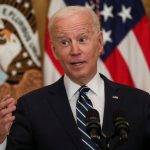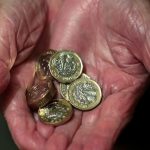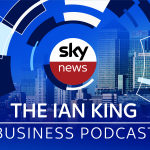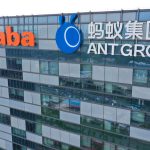China’s Singles’ Day shopping event has chalked up slower growth this year after a more muted approach from online retail giant Alibaba.
Sales grew 8.5% to 540bn yuan (£63bn) but that was down from a 26% increase last year and the smallest bounce since the extravaganza – now the world’s biggest online sales event – was launched by Alibaba in 2009.
It comes as China’s tech firms navigate supply chain problems as well as intense political and regulatory scrutiny – amid a push for “common prosperity” in the world’s second biggest economy.
An article in the state-backed Securities Daily newspaper on Friday took aim at what it described as the festival’s “worship of turnover” and highlighted practices such as spam text messaging, unfair competition and merchants using misleading discounts.
Singles’ Day, which since its founding has overtaken US retail sales events such as Cyber Monday, has morphed into a multi-day shopping offer.
It has become a closely-watched gauge of Chinese consumer sentiment and was already expected by analysts to deliver only relatively muted growth – as wider retail sales slow and the economy has also been beset by supply shortages, power disruptions and COVIS-19 lockdowns.
This year it was promoted less aggressively than usual by Alibaba, marking a shift in tone from previous years.
‘Without coal this area cannot exist’: The impoverished who rely on India’s mining industry after COP26 pledge to go net zero by 2070
Climate Crisis: Sky News presenter Adam Boulton tries out hydrogen-powered digger and two-seater car
Revealed: The items you might struggle to buy in supermarkets as Christmas nears
It urged viewers of a three-hour livestream to help raise 1 million yuan (£120,000) for an elephant reserve in rural southwest China.
The company also highlighted initiatives such as programme that helps disabled people buying clothes and efforts to use more environmentally-friendly packaging.
In the past, the festival has featured in-person stage appearances from the likes of Taylor Swift and Pharrell Williams.
This year the celebrity stardust was provided by Chinese athletics star Su Bingtian as well as a video appearance from Benedict Cumberbatch.
It remains a big draw for merchants hawking products from skincare to sports shoes on Alibaba’s platforms, with brands from Apple to L’Oreal raking in millions in sales.
But it comes at a time when Alibaba has been under scrutiny – after it was fined 18bn yuan (£2.1bn) in April for monopolistic behaviour and its founder Jack Ma retreated from public view after criticising Chinese regulators.
